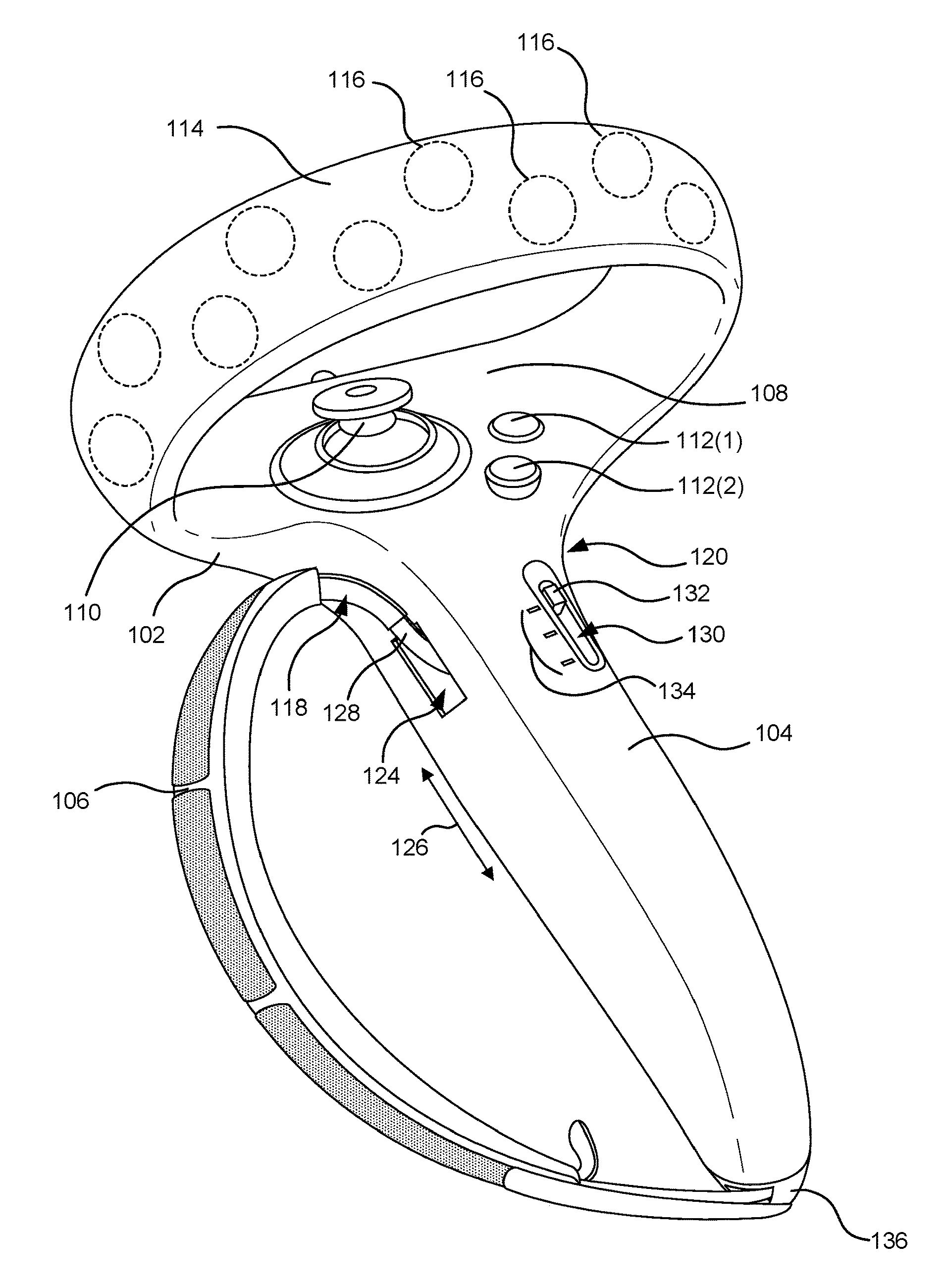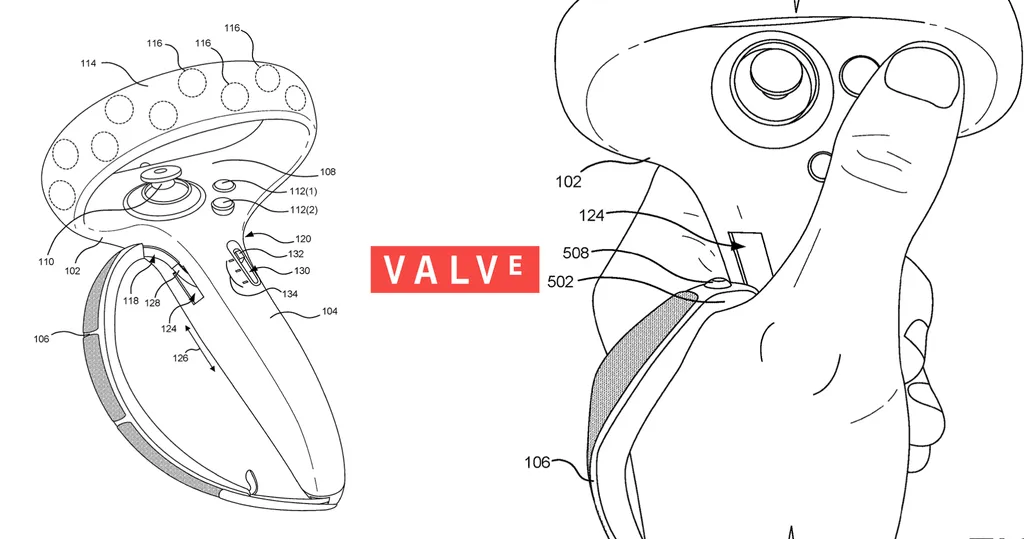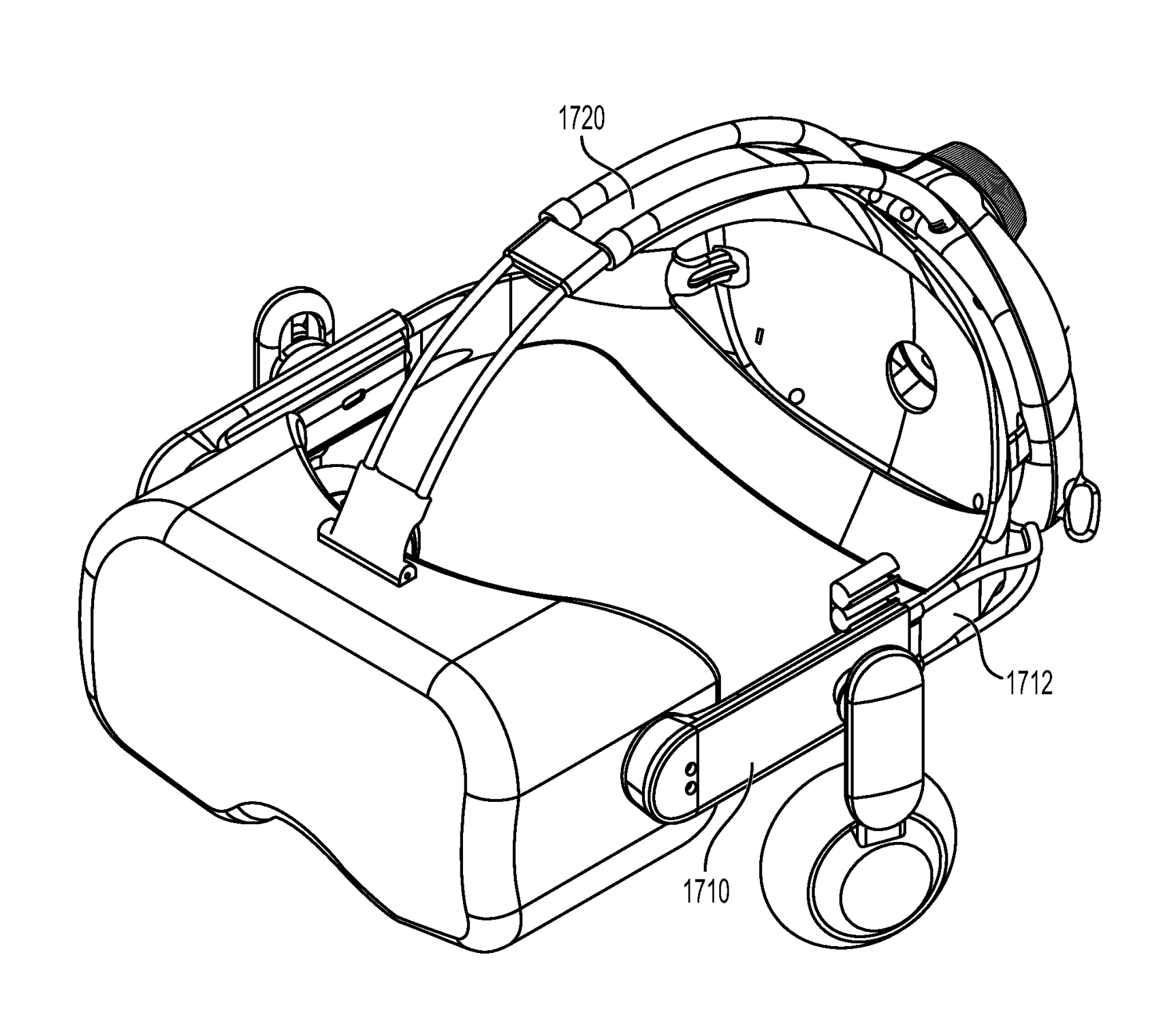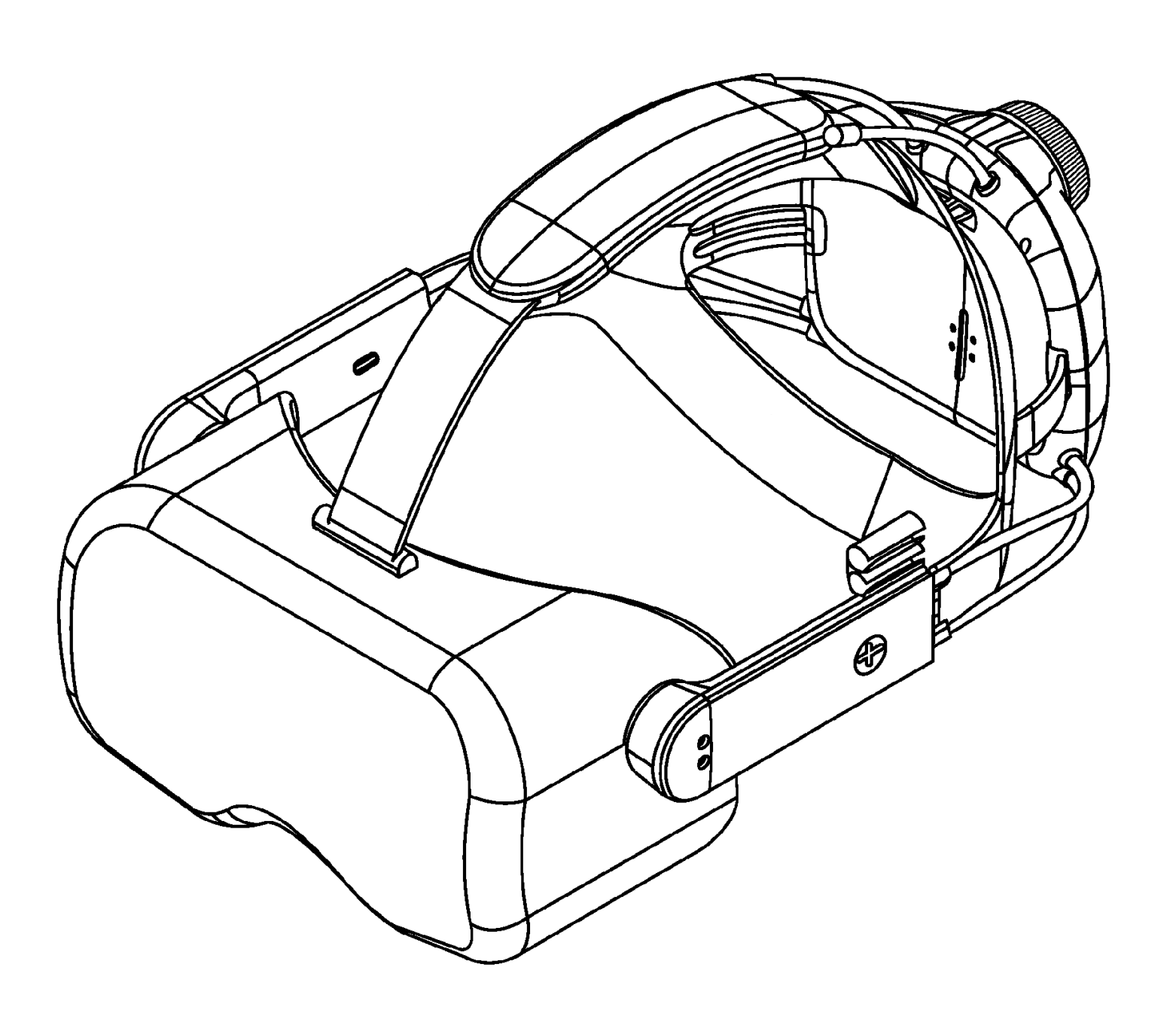A Valve patent may reveal the controller for its in-development VR headset.
Index has now been on the market for well over three years. It still has best-in-class tracking and audio quality but its resolution has been surpassed by even low-cost headsets like Quest 2 and Pico 4, and it doesn’t support wireless play (though a startup is working on an adapter).
Valve first mentioned investing in a new headset last year, and strongly hinted at it having onboard compute to run standalone without the need for a PC. When discussing Steam Deck’s technology in February, CEO Gabe Newell mused “why can’t I have that in a tetherless integrated VR solution?”.
Late last year YouTuber Brad Lynch (SadlyItsBradley) found references to a new headset model codenamed ‘Deckard’ in the SteamVR driver files. Ars Technica said its sources confirmed Deckard’s existence.
A Valve job listing posted last month seeks an engineer to “prototype, ship, and support” a headset with advanced tracking features.

Now, a patent awarded today titled ‘Electronic controller with linear hand strap adjuster’ depicts a new VR controller with Index-like hand straps but a Quest-like tracking ring.
As the title suggests, the patent is mainly focused on the strap design – allowing the user to let go of the controller to drop or throw objects, while accommodating a range of different hand shapes. The tracking dots seen on the ring are described as being either infrared (IR) LEDs to be tracked by the headset or photodiodes for SteamVR “Lighthouse” base stations.
It’s common practice for patents to be broad so as to cover multiple possible embodiments of the core idea, but the mention of “visual-inertial tracking (HMD and controllers)” in the job listing posted last month suggests Valve is going with headset-based computer vision tracking, and thus controllers with IR LEDs. It’s possible though Valve plans to offer multiple variants of the controller.
Another Valve patent filing made public in June might have revealed the design of the headset’s strap, though it didn’t concretely reveal any technical details.































